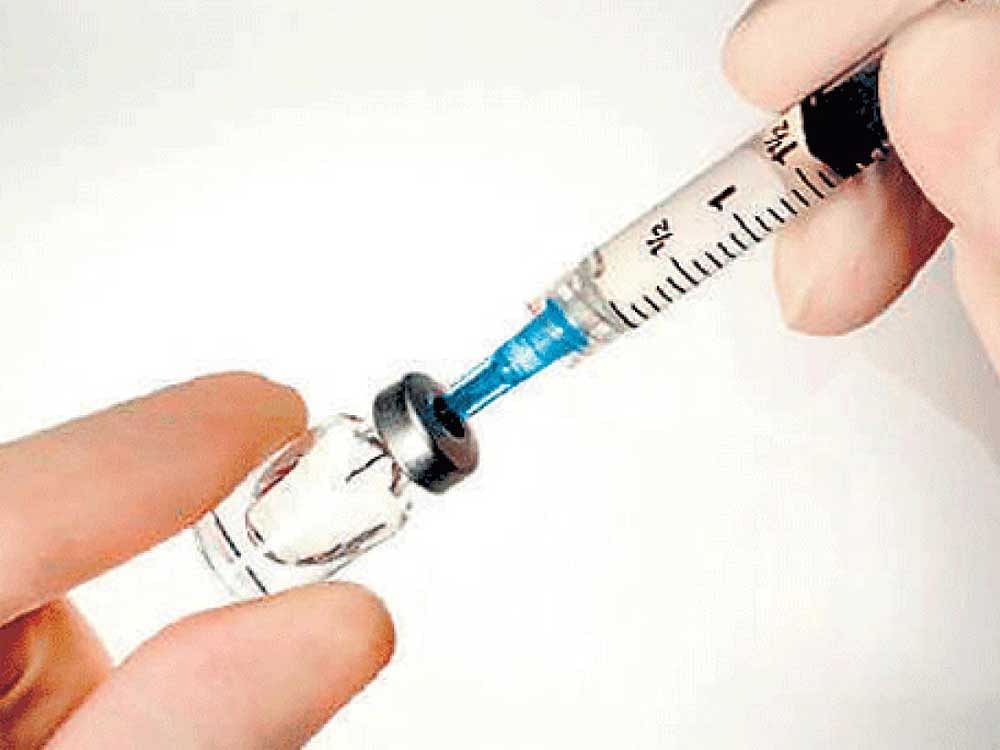
Indian Council of Medical Research on Monday announced its plans to conduct large-scale clinical trials of two TB vaccines including a made-in-India one, as the country struggles to cope up with a burgeoning load of TB patients.
The trials will be conducted over the next three years involving 12,000 individuals in half a dozen states—Delhi, Karnataka, Maharashtra, Orissa, Tamil Nadu, and Telangana.
The two vaccines to be tried are VPM1002, developed by Stefan Kaufmann of the Max Planck Institute for Infection Biology and produced by Serum Institute of India, Pune; and MIP or Mycobacterium Indicus Pranii, created by G P Talwar, one of the stalwarts of Indian biology.
The trials will be carried out on people living in the same household as a TB patient but yet to develop the disease. The aim is to check whether the vaccine can prevent them from infection even if they may be carrying the bacteria and are at high risk.
“For those receiving the VPM1002, there would be only one shot. But those getting the MIP, there would be two doses within a gap of 30 days,” said Rohit Sarin, director of the National Institute of Tuberculosis and Respiratory Disease, Delhi, who will be the trial coordinator. The enrollment will be completed in 7-8 months.
“So far the only vaccine against TB is BCG that was developed way back in 1921 and can only protect the children, that too with varying efficacy. Currently, there is no vaccine against adult pulmonary TB,” Gobardhan Das, a professor at Jawaharlal Nehru University and a leading researcher on TB who is not associated with any of the two vaccines, told DH.
With nearly 28 lakh cases, India has the world's maximum number of TB cases in 2016 even though the researchers fear that there are lakhs who escape the surveillance net. The infectious disease causes one death in every 90 seconds and 12 lakh new infections each year besides an economic burden of nearly $ 340 billion between 2006 and 2014.
“Clinical trials are needed in India to show that the vaccine is safe and effective and that it can provide protection to Indian populations where the disease is endemic. The ultimate goal is to develop a vaccine that can prevent active TB and be a part of large campaigns aimed at eliminating the disease,” said Balram Bhargava, secretary, Department of Health Research and director general of Indian Council of Medical Research.
